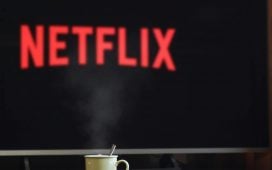One of the most heated topics in the agency world is pitching. While a necessary part of an agency’s work, many feel the process is unfair. We decided to speak to both agencies and brands to understand the current landscape and hopefully spark a constructive dialogue.
The problem
The Request for Proposal (RFP) comes in. Lots of resources are quickly mobilised to work on the pitch. Often the deadline is tight, meaning late nights and lots of stress. The pitch is delivered and in the best case scenario the agency wins the work.
But we often hear stories of it all going quiet afterwards and nothing happens. No feedback, no announcement of who won the tender and in the worst examples, the i
To continue reading this article you need to be registered with Campaign. Registration is free and only takes a minute. Register Now or sign in below if you already have an account.









